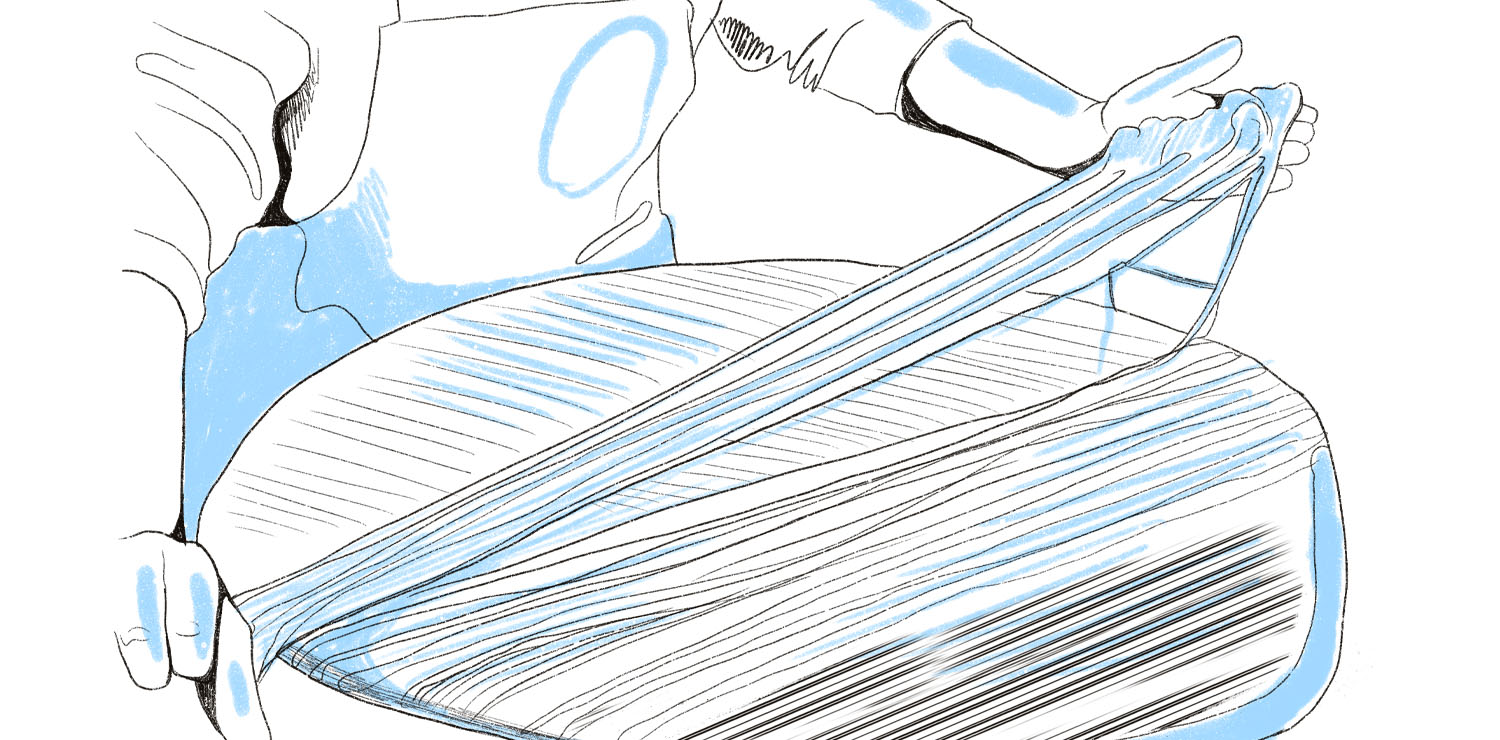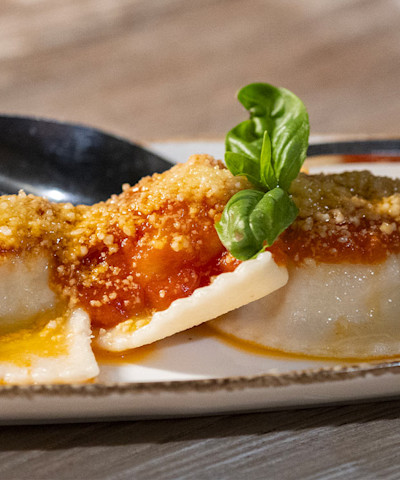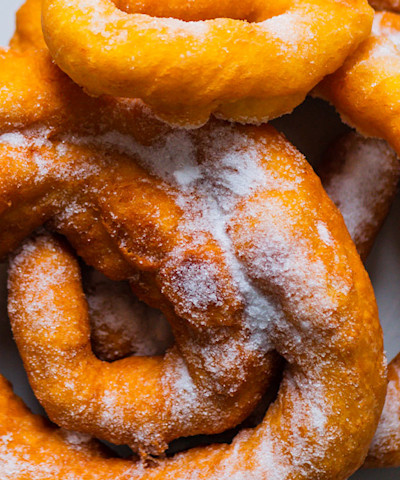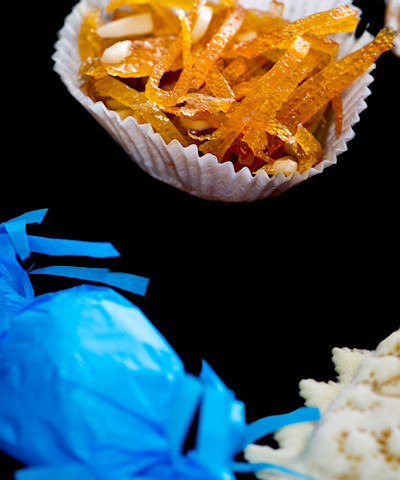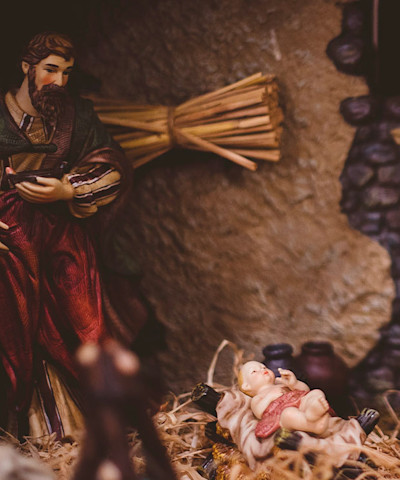Filindeu, the traditional Sardinian pasta from Nuoro
Pasta that speaks of tradition and belonging
In the ancient Barbagia carnival tradition, specifically that of Boes and Merdules in the village of Ottana, there’s a frightening female figure called Sa Filonzana, who wears a black mask and carries a spindle and a thread; she knocks on doors, and if she is not offered a drink, she cuts the symbolic thread of life she carries. This tradition is the origin of a typical type of pasta, very difficult to make: Filindeu.
Filindeu, which is also known as fili di Dio [threads of God], is a traditional Sardinian pasta, originally from the city of Nuoro in the centre of the island. This unique product is made by very few families, who have handed down the art of preparing it through the generations.
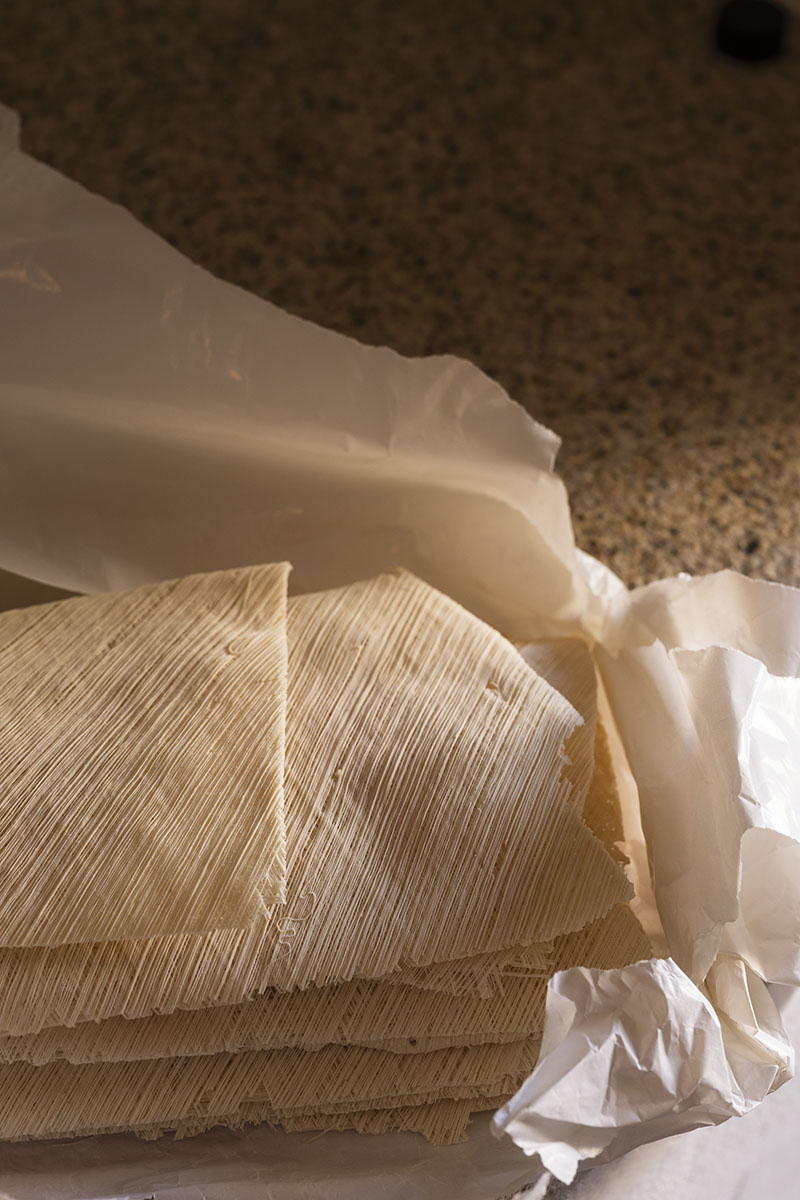 Filindeu, fili di Dio
Filindeu, fili di DioThe name filindeu comes from the specific method of making the pasta, which is pulled and folded to form extremely fine strands - 256 of them, to be exact.
Filindeu has deep connections with the feast of San Francesco di Lula, a religious event celebrated in May and October. During the festival, the women of Nuoro traditionally prepared filindeu. The pasta was cooked in large pots with mutton provided by the local shepherds, giving a nutritious and flavourful dish which was distributed to pilgrims and participants in the feast.
This ancient culinary tradition is not only an example of Sardinia’s gastronomic art, but is also an important part of the island’s cultural and religious heritage. Today, filindeu is a symbol of identity and belonging for the Nuoro community, and its preparation remains a secret, jealously guarded by the handful of families who continue to produce it.




